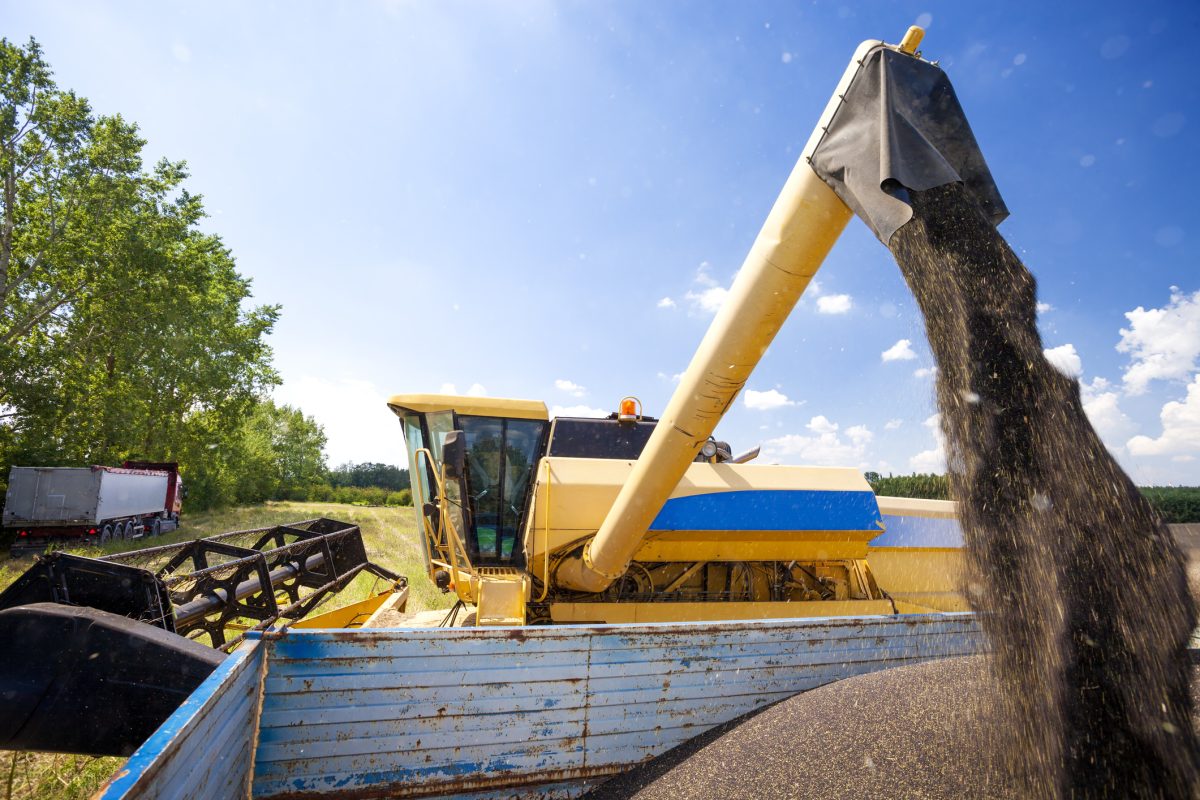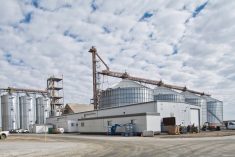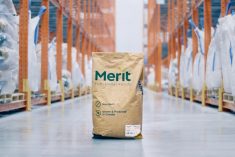Paris | Reuters — The agricultural trading industry can expect more consolidation at a regional level in an effort to improve margins, but big deals between global merchants are becoming more difficult, Louis Dreyfus’ CEO said.
Merchants have been grappling with lower profits from sourcing and shipping commodities such as grain and oilseeds, prompting cutbacks in trading teams, investments in food processing activities and acquisition speculation.
Investor pressure has centred on Bunge, which has drawn interest from both Glencore and Archer Daniels Midland for a potential mega-merger.
Read Also

Alberta Crop Report: Harvest more than three-quarters finished
Alberta’s provincial harvest as of Sept. 23, 2025 was 78 per cent complete, said the province’s weekly crop report.
But LDC CEO Ian McIntosh is unconvinced on the merits of wholesale tie-ups.
“Each of the participants — the ABCDs, Gs, Cs, all the various acronyms — are becoming increasingly different businesses,” he said in a telephone interview, referring to the so-called ABCD quartet of ADM, Bunge, Cargill and Dreyfus, along with Glencore and Chinese-owned COFCO International.
“Which means that consolidation at total-company level is, I think, increasingly difficult to execute because the business fits have become less obvious.”
ADM CEO Juan Luciano is another who has played down the prospect of major consolidation, telling Reuters in January that he didn’t see the need for his company to enter “monster” transactions.
Privately held LDC expects consolidation to happen more locally, with more-focused tie-ups to speed its own shift further along the food chain, McIntosh said.
“I think you will see consolidation at a regional level,” he said, arguing that some struggling niche players would be taken over or exit some businesses.
For LDC, such deals could take the form of acquisitions or joint ventures, McIntosh said, noting that his group had reinforced its acquisition last year of an oilseed processing factory in Tianjin, China, by forming a joint venture to produce fish feed at the site.
McIntosh was talking after LDC reported a 12 per cent jump in group net profit last year, supported by a strong oilseed performance linked to demand for Brazilian soybeans during a U.S.-China tariff battle.
Profit was also helped by a very strong year in cotton and improved returns in other businesses, he said.
This year looks similar to last in terms of market conditions, but a settlement between Washington and Beijing would change the outlook, McIntosh said, adding that it is too early to talk about LDC’s performance this year.
McIntosh took the helm last September at a turbulent time for the 168-year-old company that also changed its finance chief, reported lower first-half profit and was burdened with an acrimonious buyout of minority shareholders and a bailout of Brazilian sugar business Biosev.
— Reporting for Reuters by Gus Trompiz in Paris.













